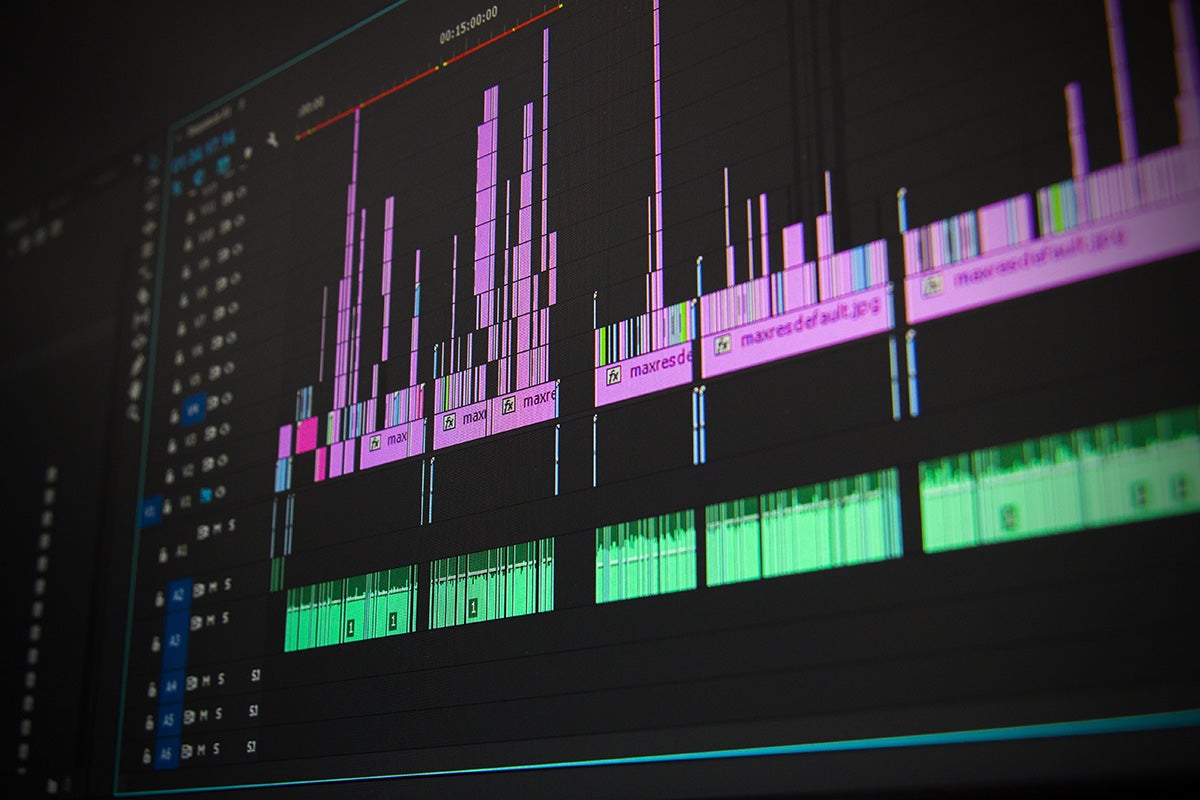Audio codecs and audio formats are terms that are used interchangeably, and essentially refer to the same thing. While most people think of them as the extensions that follow the file names of audio files – there is actually a lot more to them than that.

“What Are Audio Codecs?”
In simple terms an audio codec is used to compress and decompress data in digital audio files. By compressing the data, you will be able to effectively reduce the size of audio files and store it in a manner that takes up less space. When the audio file is played it is then decompressed using the same codec.
It is important to note that there are three general types of audio codecs, each of which functions in a slightly different way:
Uncompressed audio
Technically this isn’t really a codec, but rather a type of audio format where the original sound is not compressed it in any way at all. Instead of compressing it, the data is stored in container formats such as WAV, AIFF, and PCM as well as LPCM.
Lossless compressed audio
With this type of audio codec the data from the original audio is compressed so that it takes up less space. However the compression is designed so that no information is lost in the process.
Essentially that means when the audio is decompressed for playback, it will be identical to the original. Some of the more common lossless compressed audio codecs include FLAC, ALAC, WMA Lossless, and WavPack – and the file sizes tend to be about half that of uncompressed audio files.
Lossy compressed audio
Arguably the most common type of codecs are lossy compressed audio codecs that aim to reduce the file size further by removing some information and simplifying it. The parts of the data that are removed normally consist of areas that have the least effect on the perceived sound, but there is still a loss in overall audio quality.
Typically the quality of lossy compressed audio files is measured via its bitrate, with lower bitrates having significantly smaller file sizes but poorer audio quality. The more common lossy compressed audio codecs include MP3 and AAC.
“Which Audio Codec is ‘Best’?”
As you may have surmised by this point, different codecs are good in different situations and at the end of the day it boils down to a question of how you intend to use the audio file.
Uncompressed audio is generally only ever used when actually working with audio files (i.e. editing or making music). For listening without compromising on quality it is best to opt for lossless compressed audio instead, whereas for distribution and storage when file size is an issue – lossy compressed audio is the way to go.
Some of the more common formats that you may want to consider using include:
WAV for uncompressed audio due to its widespread support.
FLAC for lossless compressed audio due to the fact that it is a non-proprietary and open source codec.
MP3 for lossy compressed audio due to its popularity, compatibility and excellent compression rates.
OGG for lossy compressed audio and as a great open source and non-proprietary alternative to MP3.
In order to convert between these audio formats you will need a converter of some kind however. For example you could use Movavi Video Converter, and follow these steps to convert FLAC to MP3 http://www.movavi.com/support/how-to/how-to-convert-flac-to-mp3.html.
Considering there is no single audio codec that is ‘best’ – being able to convert your audio files on a case by case basis can be helpful. Ideally you should store a copy using a lossless compression codec, and can then convert it to uncompressed or lossy compressed as required.

















